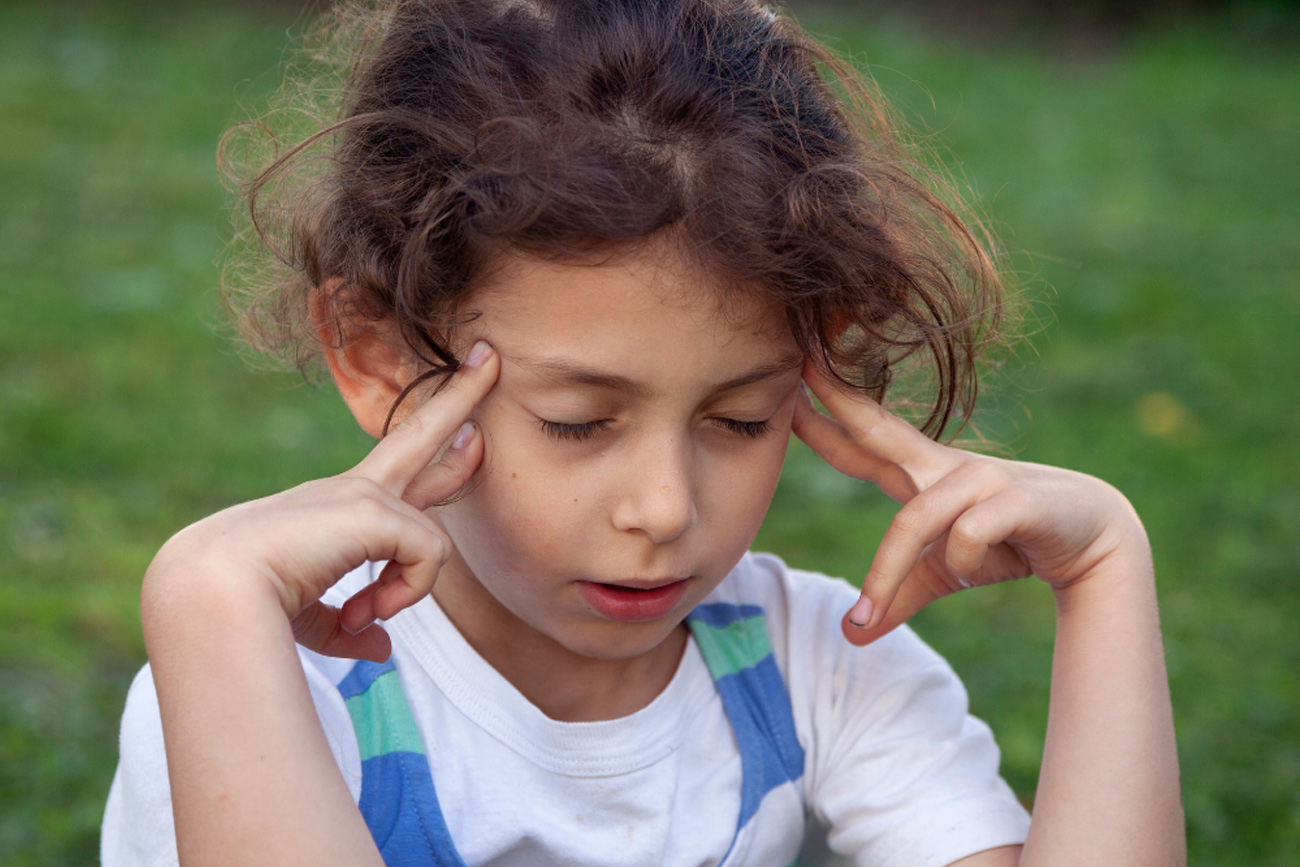Books on Mindfulness for Children
”Feelings come and go like clouds in a windy sky. Conscious breathing is my anchor.”
~Thich Nhat Hanh
In today’s fast-paced world, stress and anxiety are becoming increasingly common even among young children. Mindfulness practices offer a way for children to learn to cope with these challenges and build resilience.
Lets explore the benefits of mindfulness practices for young children.
- Improved Focus and Attention: Mindfulness practices help children improve their focus and attention. By training their minds to stay present in the moment, children can learn to pay attention to what they are doing, stay focused on tasks, and complete them more effectively.
- Reduced Stress and Anxiety: Mindfulness practices help children learn to regulate their emotions and manage stress and anxiety. By teaching children to recognize and accept their emotions without judgment, mindfulness practices give them the tools to cope with difficult situations and maintain emotional balance.
- Increased Self-Awareness: Mindfulness practices help children become more aware of their thoughts, feelings, and bodily sensations. This increased self-awareness allows them to develop a better understanding of themselves and their emotions, leading to greater self-confidence and self-esteem.
- Improved Social Skills: Mindfulness practices help children learn to be more patient, empathetic, and compassionate towards themselves and others. This increased awareness of their own emotions and the emotions of those around them helps children develop better social skills and build stronger relationships.
- Better Sleep: Mindfulness practices can help children improve their sleep quality by reducing anxiety and promoting relaxation. By teaching children techniques such as deep breathing and visualization, mindfulness practices can help them fall asleep faster and sleep more soundly.
In conclusion, mindfulness practices offer a wide range of benefits for young children. By improving focus and attention, reducing stress and anxiety, increasing self-awareness, improving social skills, and promoting better sleep, mindfulness practices can help children develop the skills they need to cope with life’s challenges and build resilience. By introducing mindfulness practices early in life, parents and caregivers can help set children on a path to lifelong emotional well-being.
Here are some books on mindfulness for children:
I Am Peace: A Book of Mindfulness
Meditation Is an Open Sky: Mindfulness for Kids
Brain Vacation: A Guide to Meditation
My Magic Breath: Finding Calm Through Mindful Breathing
Choosing toys and materials can be so confusing!
Here are some of our suggestions to encourage mindfulness:
- Fidget rainbow slug
- Sensory glitter calm down jar
- Weighted blanket
- Lavender oil (for sleep and relaxation on the go)
What does the research say?
There is a growing body of research that supports the effectiveness of mindfulness practices for children. Here are a few examples of findings from journal articles:
- A study published in the Journal of Child and Family Studies found that mindfulness-based interventions can improve children’s self-regulation, including attentional control, emotion regulation, and executive functioning (van de Weijer-Bergsma et al., 2012).
- Another study published in the Journal of Applied Developmental Psychology found that mindfulness practices can reduce stress and anxiety in children and improve their well-being and social competence (Biegel et al., 2009).
- A meta-analysis of 24 studies on mindfulness-based interventions for children and adolescents, published in the Journal of Child and Family Studies, found that such interventions can have positive effects on cognitive, emotional, and social outcomes (Zoogman et al., 2014).
- In a study published in the Journal of Clinical Child and Adolescent Psychology, researchers found that a mindfulness-based intervention improved executive functioning and behavioral regulation in children with ADHD (Zylowska et al., 2008).
